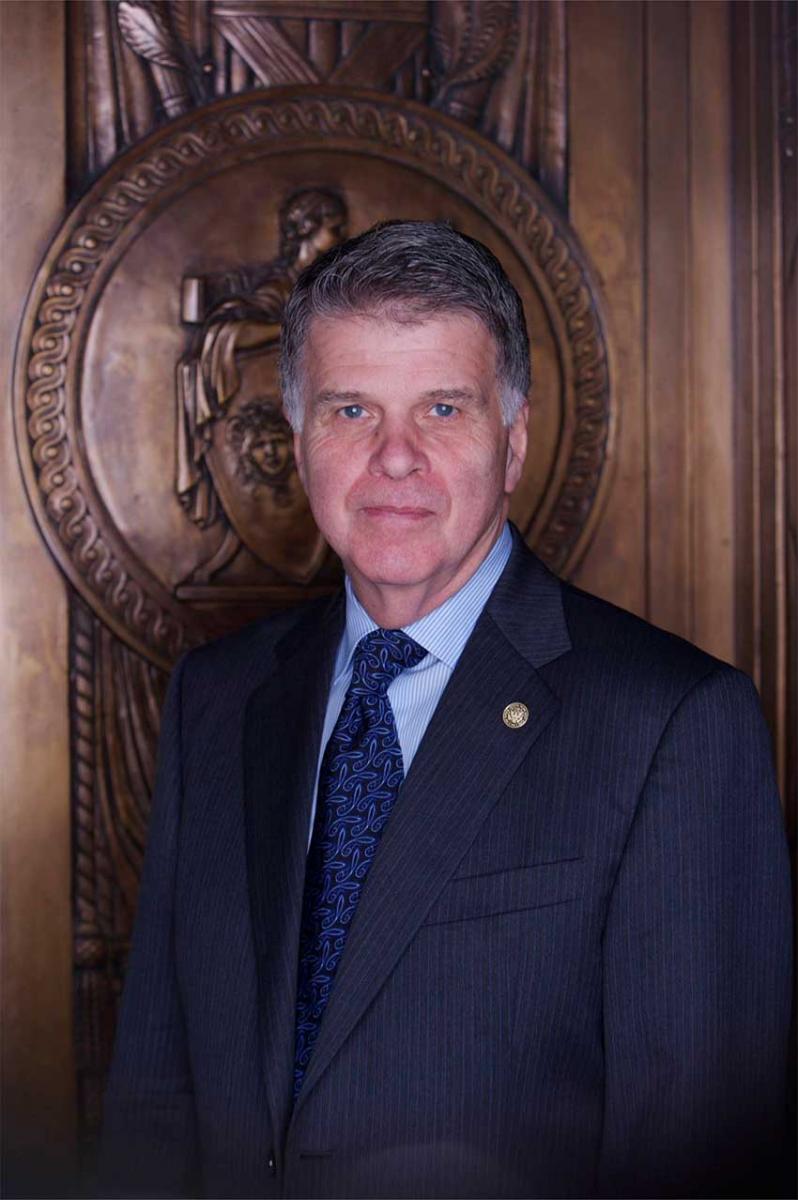
Prepared Remarks of Archivist of the United States David S. Ferriero at panel discussion, “Political Rules of the Road.” National Archives Building, Washington, DC
October 21, 2010
Good evening.
I am David Ferriero, Archivist of the United States, and welcome to the National Archives.
Before we begin tonight’s program, I’d like to tell you about two other programs coming up soon here in the McGowan Theater.
On Thursday, October 28, at 7 p.m., we will show John Ford’s 1927 movie, Upstream. It was one of 75 lost American films recently discovered in New Zealand.
The screening is sponsored by The Academy of Motion Picture Arts and Sciences, in partnership with the Charles Guggenheim Center for the Documentary Film and the Foundation for the National Archives. We will also screen a trailer with the only known surviving footage of the 1929 John Ford film, Strong Boy.
On Friday, November 5 at 7 p.m., we will present the Sixth Annual McGowan Forum on Communications.
This year, we will have a special screening of the documentary, Long Distance Warrior: A New Documentary about the Most Famous Entrepreneur You’ve Never Heard Of. This documentary tells the compelling story of William G. McGowan, the man who took on the most powerful monopoly of his time—AT&T—and transformed long-distance service from luxury to affordability.
This program is generously supported by the William G. McGowan Charitable Fund, Inc.
To find out more about these and all of our public programs and exhibits, please refer to our monthly Calendar of Events.
Copies are in the lobby——along with a sign-up sheet so you can receive the Calendar by regular mail or e-mail.
You’ll also find in the lobby brochures about other National Archives programs and activities.
Another way to get more involved in the National Archives is to become a member of our Foundation.
The Foundation for the National Archives supports the work of the agency, especially education and outreach programs. Pick up your application for membership in the lobby.
And finally, the next time you’re at the National Archives—in person or online—stop by the Archives Shop. Visit it one floor up or through
Archives.gov. You’ll find an assortment of products and publications about the National Archives and its holdings.
Now, on with the program.
Tonight, our topic is “Political Rules of the Road.” Four distinguished former members of Congress have joined us to talk about campaigning for office as well as dealing with constituents and the media during their years in elective office.
I believe the National Archives is the appropriate venue for this program, since we hold the official records of the House of Representatives and Senate.
These extraordinary collections document the history of Congress from 1789 to the present, showing how representative government has operated and evolved throughout our history.
Tonight’s panel will add personal accounts to that official record, telling us their ground-level stories of how government and politics really work during our own tumultuous time.
I want to thank our partners for tonight’s event, the U.S. Association of Former Members of Congress and the Lou Frey Institute of Politics and Government at the University of Central Florida.
Tonight’s discussion will be moderated by Ken Rudin, political editor for NPR, where he directs campaign coverage for the network.
Ken has analyzed every congressional race in the nation since 1984.
From 1983 through 1991, Ken was at ABC News, where he served as deputy political director. He joined NPR in 1991, as its first political editor. He spent three years as managing editor of the Hotline before returning to NPR in 1998.
Ken . . .
 The Archivist of the United States is the head of our agency, appointed by the President of the United States.
The Archivist of the United States is the head of our agency, appointed by the President of the United States.